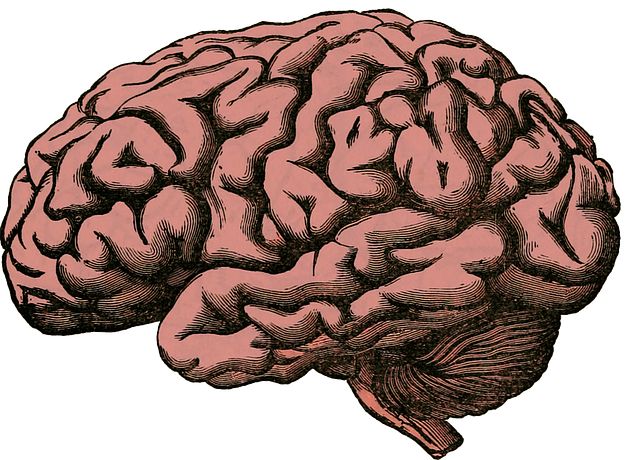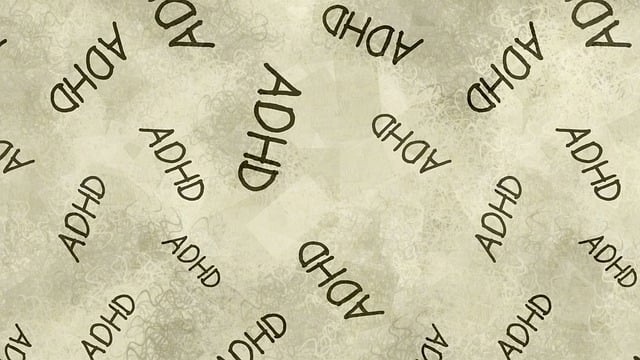Lafayette Acceptance and Commitment Therapy (ACTP) offers 24/7 crisis support, combining therapeutic techniques with immediate care to help individuals manage emotional distress. This evidence-based approach, emphasizing present-moment awareness and self-compassion, provides a safe space for connection with trained professionals who offer guidance, de-escalation, and long-term care options. By integrating ACT into their network of culturally competent programs, Lafayette fosters improved mental wellness and community resilience. Before calling, prepare goals; during the call, communicate openly for personalized support and resources to enhance ongoing mental health.
“Mental health crisis hotline support services play a vital role in offering immediate assistance during times of distress. This article explores critical resources available in Lafayette, focusing on the integration of Lafayette Acceptance and Commitment Therapy (ACT). We delve into understanding crisis hotlines, ACT’s therapeutic approach, and effective strategies for accessing local mental health resources. By providing practical guidance, we aim to empower individuals to navigate these services, ensuring a supportive environment for their well-being.”
- Understanding Mental Health Crisis Hotlines
- The Role of Acceptance and Commitment Therapy (ACT) in Crisis Support
- Accessing Lafayette's Mental Health Resources
- How to Utilize and Navigate these Services Effectively
Understanding Mental Health Crisis Hotlines

Mental health crisis hotlines are vital resources designed to offer immediate support and guidance during times of intense emotional distress or mental health emergencies. These services provide a safe, non-judgmental space for individuals to connect with trained professionals who can assist in de-escalating situations, offering crisis intervention, and connecting callers with appropriate long-term care options. Hotlines are often accessible 24/7, ensuring help is available whenever needed, without the barriers of appointment scheduling or geographical limitations.
Lafayette Acceptance and Commitment Therapy (ACTP) is an example of a hotline service that focuses on trauma support, mental illness stigma reduction efforts, and self-care routine development for better mental health. By combining therapeutic techniques with crisis intervention, these hotlines empower individuals to navigate their mental health challenges effectively while promoting long-term recovery and resilience.
The Role of Acceptance and Commitment Therapy (ACT) in Crisis Support

Acceptance and Commitment Therapy (ACT) plays a significant role in crisis support services, offering a unique approach to mental health interventions. This therapy focuses on helping individuals accept their emotions and experiences without judgment while committing to actions that align with personal values. In the context of a mental health crisis hotline, ACT can empower callers by providing them with tools to manage distressing thoughts and feelings, fostering a sense of self-compassion and resilience.
The Lafayette Acceptance and Commitment Therapy (ACT) approach is particularly valuable in crisis intervention guidance. By encouraging individuals to define what matters most to them, ACT boosts their confidence and motivation to make positive changes. This can be especially beneficial for those facing overwhelming emotional crises, as it helps them navigate challenging situations with greater clarity and purpose. Additionally, the therapy’s emphasis on present-moment awareness allows hotline counselors to guide callers towards immediate relief and improved coping strategies, ensuring more effective crisis support.
Accessing Lafayette's Mental Health Resources

In Lafayette, individuals facing mental health challenges can access a range of resources designed to support their well-being. One effective therapeutic approach gaining traction is Acceptance and Commitment Therapy (ACT). This evidence-based method focuses on helping people develop coping skills to manage difficult emotions and behaviors, fostering a deeper connection with their values and leading to improved mental wellness. Lafayette’s healthcare providers are increasingly incorporating ACT into their practices, recognizing its potential to enhance patient outcomes.
In addition to ACT, local organizations offer comprehensive programs tailored to specific needs. These initiatives prioritize cultural competency training for healthcare providers, ensuring sensitive and effective support for a diverse range of individuals. By leveraging these resources, Lafayette residents can navigate mental health challenges with enhanced tools and strategies, promoting overall community resilience.
How to Utilize and Navigate these Services Effectively

Navigating mental health crisis hotline support services can seem daunting, but with a clear understanding, individuals can effectively utilize these resources to their advantage. The key lies in being prepared with specific details about your current situation and clear goals for the call. Before dialling, reflect on what you want to achieve—whether it’s finding immediate solace, seeking practical advice, or connecting with professionals who can offer long-term solutions like Lafayette Acceptance and Commitment Therapy (ACT).
During the call, be open and honest about your feelings and experiences, as these hotlines are designed to foster safe and non-judgmental spaces. Communicate your needs clearly; the trained professionals on the other end are equipped with empathy-building strategies to help you feel heard and understood. They may also employ communication techniques tailored to your unique situation, ensuring that you leave the call feeling supported and equipped with tools or resources for ongoing mental wellness.
Mental health crisis hotlines play a pivotal role in providing immediate support and guidance during challenging times. As discussed, services like Lafayette’s mental health resources offer a safe space for individuals seeking assistance, with professionals equipped to handle various crises. Incorporating evidence-based practices such as Acceptance and Commitment Therapy (ACT) enhances the effectiveness of these hotlines, ensuring folks receive the best care possible. By understanding how to navigate these services, individuals can access much-needed help and begin their journey towards healing and resilience.








